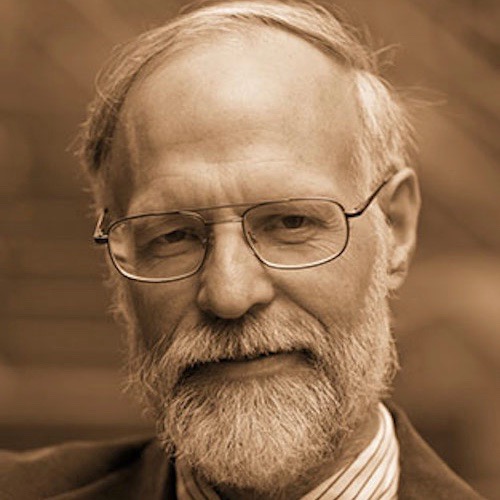 Culture & Ethics
Culture & Ethics
 Evolution
Evolution
 Faith & Science
Faith & Science
Coming in April, Richard Weikart’s The Death of Humanity Asks the “Why It Matters” Question

On a momentous, anxious day for our country, it’s healthy to be summoned back to ultimate questions. Let’s do that by celebrating the now official upcoming publication on April 4 of our colleague Richard Weikart‘s new book, The Death of Humanity: And the Case for Life. The wonderful historian and truth-teller (From Darwin to Hitler, Hitler’s Ethic) considers from a historical perspective the problem of why debates about biological origins matter intensely as they do.
Is it all about Biblical inerrancy, as our critics (absurdly) claim? No, apart from a lot of fascinating and illuminating science, the personal and cultural significance resides in the image of man that reigns among us.
The Preface is concise:
Are humans intrinsically valuable, or are they simply a cosmic accident with no real meaning or purpose? Since the Enlightenment this debate has raged in Western culture, profoundly influencing our understanding of bioethics and informing the debate over abortion, infanticide, euthanasia, genetic engineering, etc. The title of this book, The Death of Humanity, refers not only to the demise of the concept that humans are intrinsically valuable, but also to the resultant killing of actual human lives.
This book explains first why the Judeo-Christian sanctity-of-life ethic has declined historically since the Enlightenment. Second, it depicts the deleterious consequences this has had on contemporary society. Third, it demonstrates the poverty of many secular alternatives to the Christian vision of humanity, such as materialism, positivism, utilitarianism, Marxism, Darwinism, eugenics, behaviorist psychology, existentialism, sociobiology, postmodernism, and others. Finally, it defends the sanctity of human life on a variety of fronts — abortion, euthanasia, infanticide, suicide, eugenics, and transhumanism, among others.
A lot of folks who ought to get this, don’t. You want an illustration? A couple of months back, you may have caught George Will’s Christmas column — somehow we forgot to note that one here. My apologies for the oversight. Mr. Will, who has proved his ignorance on the subject of design in nature in the past, used the presidential race as an occasion for bizarrely lashing “creationists” and comparing them to socialists:
“Secular theists” — economist Don Boudreaux’s term — produce governments gripped by the fatal conceit that they are wiser than society’s spontaneous experimental order. Such governments’ imposed order suffocates improvisation and innovation. Like religious creationists gazing upon biological complexity, secular theists assume that social complexity requires an intentional design imposed from on high by wise designers, aka them.
Will mused, “Perhaps the human mind evolved to seek a Designer behind designs.”
Having assured readers that the enigma of our origins is handily explained as a matter of unguided cosmic shuffling, that seeing a design behind life is an evolved illusion, people like George Will are then shocked by a culture that turns instinctively to brutality and vulgarity, that debases the transcendent value of life. His readers might wish to send him a copy of Richard Weikart’s book.
